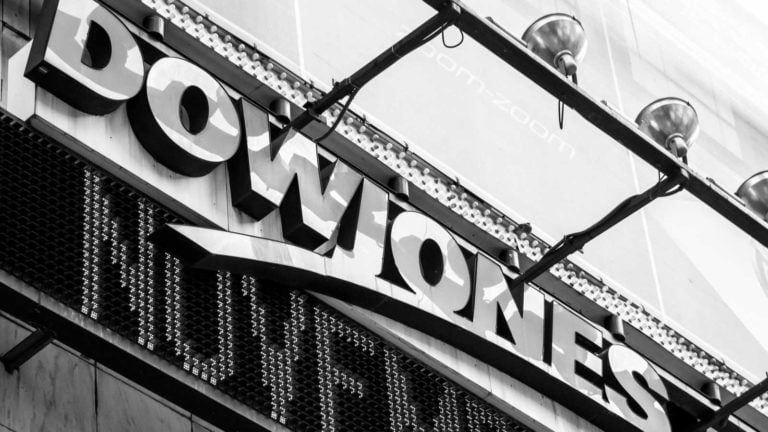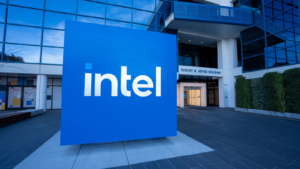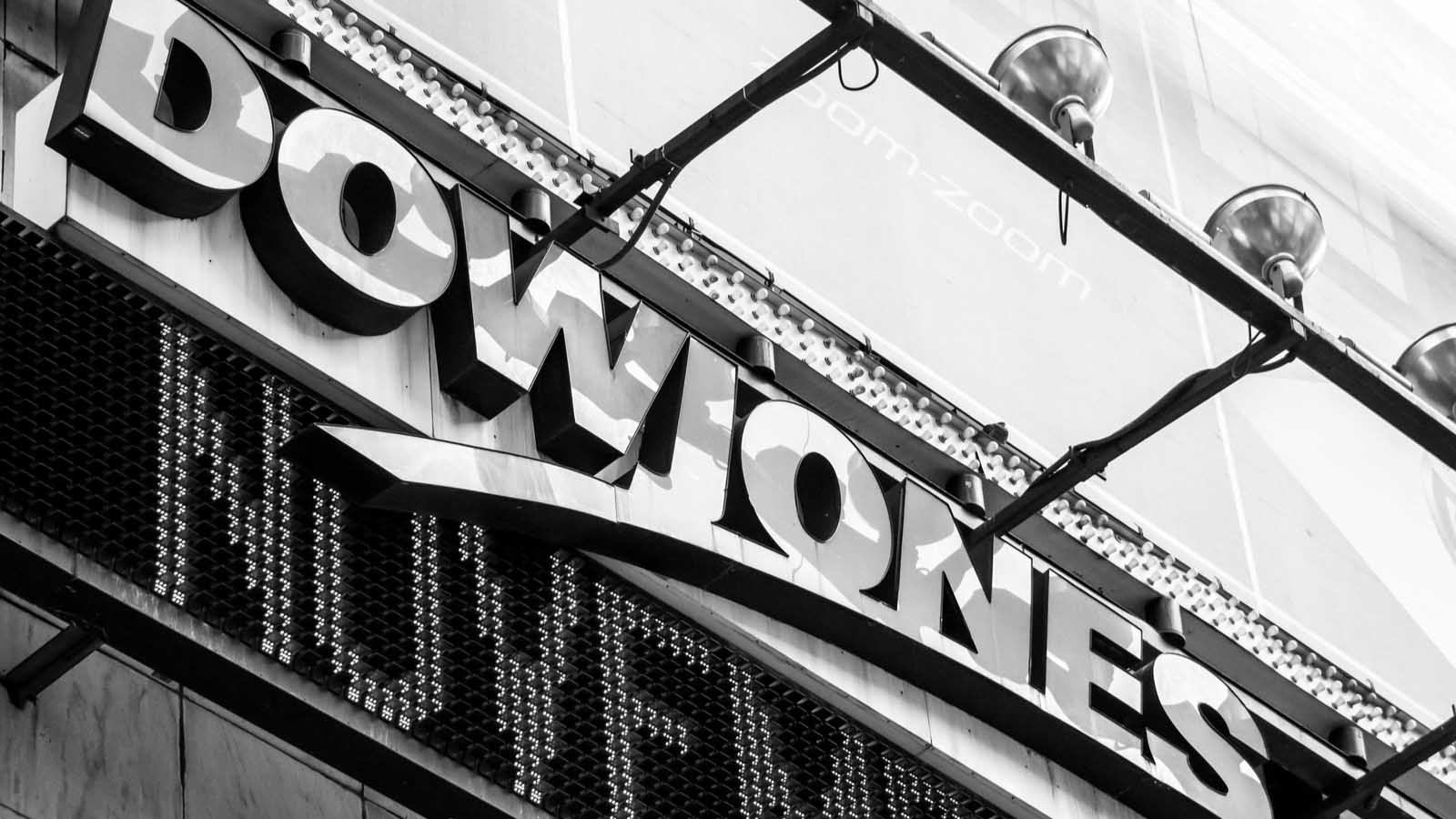
Source: Venturelli Luca / Shutterstock.com
Although we often think of the Dow Jones Industrial Average Although it represents the 30 most significant and influential companies in the United States, even its members can sometimes stumble. These difficulties can stem from declining consumer spending, serious mismanagement, and even quality control failures that can cause international incidents. These unfortunate circumstances often lead to Dow stock being put up for sale.
Therefore, the old adage “the bigger they are, the further they fall” holds true even for traditional blue-chip stocks like those in the Dow Jones. For investors, knowing when to exit or avoid these failing stocks can be helpful in improving the long-term performance of cash holdings such as retirement portfolios or college funds.
Therefore, investors should keep a close eye on the reputation and overall prospects of the following three stocks, as they may not be able to deliver the returns once expected of them.
McDonald’s (MCD)

Source: 8th.creator / Shutterstock.com
Times could be tough for McDonald’s (NYSE:MCD) shareholders, but that’s because times are even tougher for customers. In this case, inflation is the reason McDonald’s is struggling to gain investor confidence and grow financial metrics. However, as part of its response to inflation, McDonald’s has reduced both quality and quantity, many of its burgers are smaller than ever, and there is little to no warning to customers.
This means that the company’s core customers, who rely on cheap and filling meals, are turning away due to the rising cost of unsatisfying meals. McDonald’s attempted to counteract this trend in July with the introduction of its $5 meal deal. However, because the deal is temporary, it will not become a long-term sales driver.
For this reason, investors may want to add MCD to their list of Dow stocks to sell until inflation subsides and customers become accustomed to the reality that $20 is no longer enough to buy their family a meal.
Intel (INTC)

Source: Tada Images / Shutterstock.com
This year it was about 60% of the Intel’s (NASDAQ:INTC) stock value is falling after one illness after another hits the company in the news. Currently, INTC remains one of the Dow stocks to sell due to a critical problem with its 13th and 14th generation central processors. How Intel fixes this instability of its chips could impact its market share in CPUs in the short term.
In July, Intel announced that it had found the cause of its CPUs’ crashing issues. The problem was that the processor’s microcode was incorrectly routing current through the circuit, causing it to overload and crash. The company is releasing a microcode update by mid-August to fix the issues, potentially ending the crisis that has been causing crash bugs on the company’s latest CPUs since December 2022.
In addition, given the layoff of 15,000 employees and the decision to pay its CEO over $16 million in compensation in the face of such catastrophic failures, INTC is worth avoiding for a while.
Boeing (BA)

Source: vaalaa / Shutterstock
It is safe to say that Boeing (NYSE:BA) is one of the stocks that are selling the most this year. The company has lost 35% of its value since January and, apart from the recent purchase of its supplier, the company does not seem to have much prospect of recovery. Spirit AeroSystems (NYSE:SP).
However, the move could jeopardize investor concerns as both are required to testify before the National Transportation Safety Board. If the two companies struggle to answer the federal government’s questions about the quality control deficiencies, Boeing stock value could fall further.
Ultimately, the fact that Boeing is so close to its first support level of around $160 should be a concern for investors early in the news cycle, because depending on the government’s decisions, any further bad news could push the price well below $160.
At the time of publication, Viktor Zarev had no position (either directly or indirectly) in the securities mentioned in this article. The opinions expressed in this article are those of the author and are subject to InvestorPlace.com Publishing guidelines.
At the time of publication, the editor in charge did not hold any positions (either directly or indirectly) in the securities mentioned in this article.

